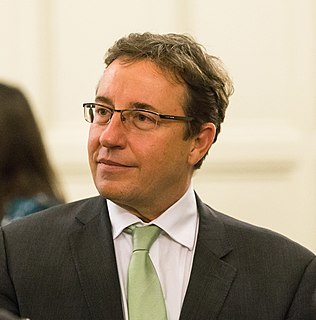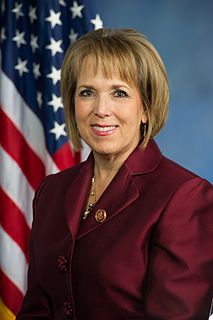A Quote by Pankaj Mishra
Governments everywhere that are unable to guarantee equitable growth and social welfare have suffered a fatal decay of legitimacy.
Related Quotes
As the corporation's size and power grew, so did the need to assuage people's fears of it. The corporation suffered its first full-blown legitimacy crisis in the wake of the early-twentieth-century merger movement, when, for the first time, many Americans realized that corporations, now turned behemoths, threatened to overwhelm their social institutions and governments.
We would love to see Canadian federal and provincial governments establish a new business entity class like the CIC or L3C for social enterprises. Our governments should also offer tax incentives to entice more entrepreneurs into the social economy, and encourage foundations and impact investors to put their capital into social enterprises.
Doing for people what they can and ought to do for themselves is a dangerous experiment. In the last analysis, the welfare of the workers depends upon their own initiative. Whatever is done under the guise of philanthropy or social morality which in any way lessens initiative is the greatest crime that can be committed against the toilers. Let social busybodies and professional "public morals experts" in their fads reflect upon the perils they rashly invite under this pretense of social welfare.







































